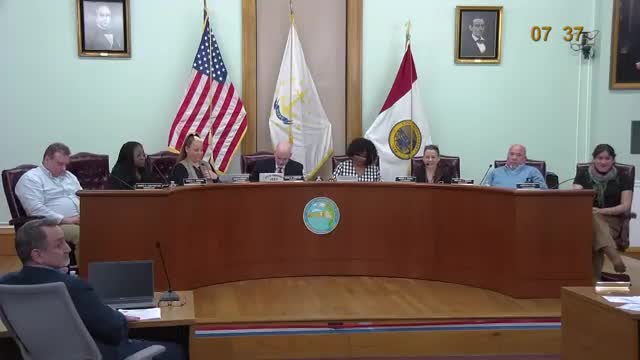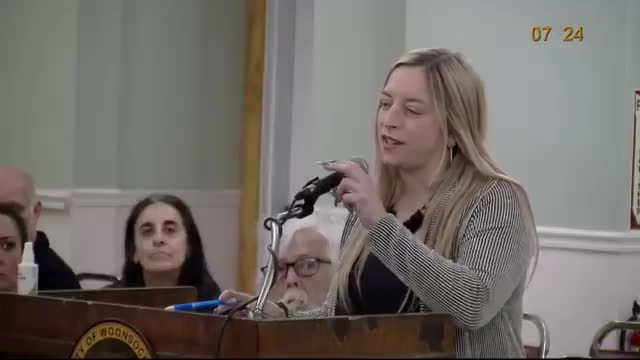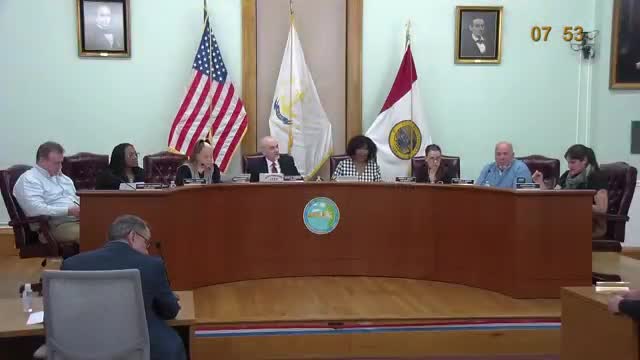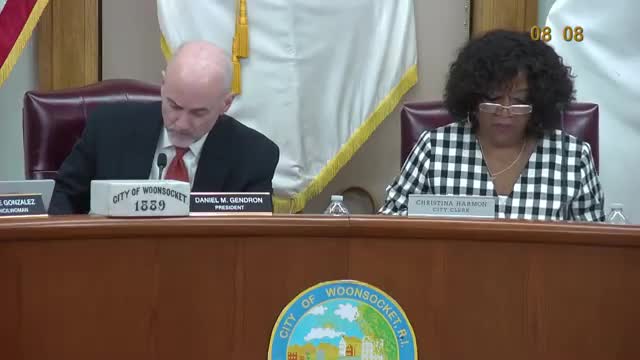Article not found
This article is no longer available. But don't worry—we've gathered other articles that discuss the same topic.

Residents and advocates urge city action on homelessness; some speakers support Open Doors facility

Woonsocket small-business owner seeks grant help for costly fire‑alarm upgrades at converted mill

River Island condo association asks Woonsocket to sponsor FEMA grant to rebuild eroded levee

